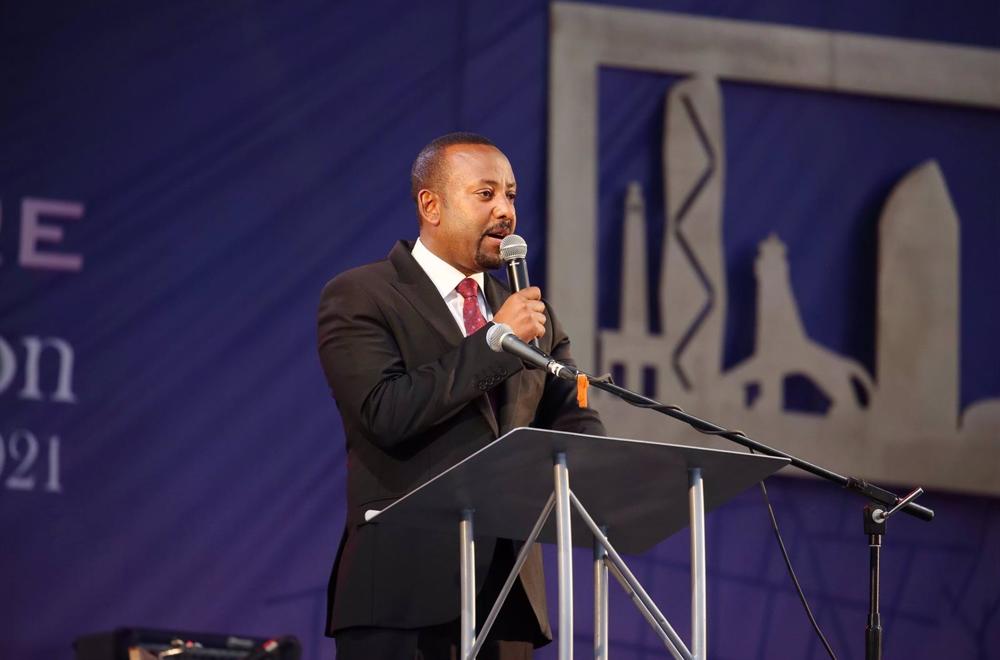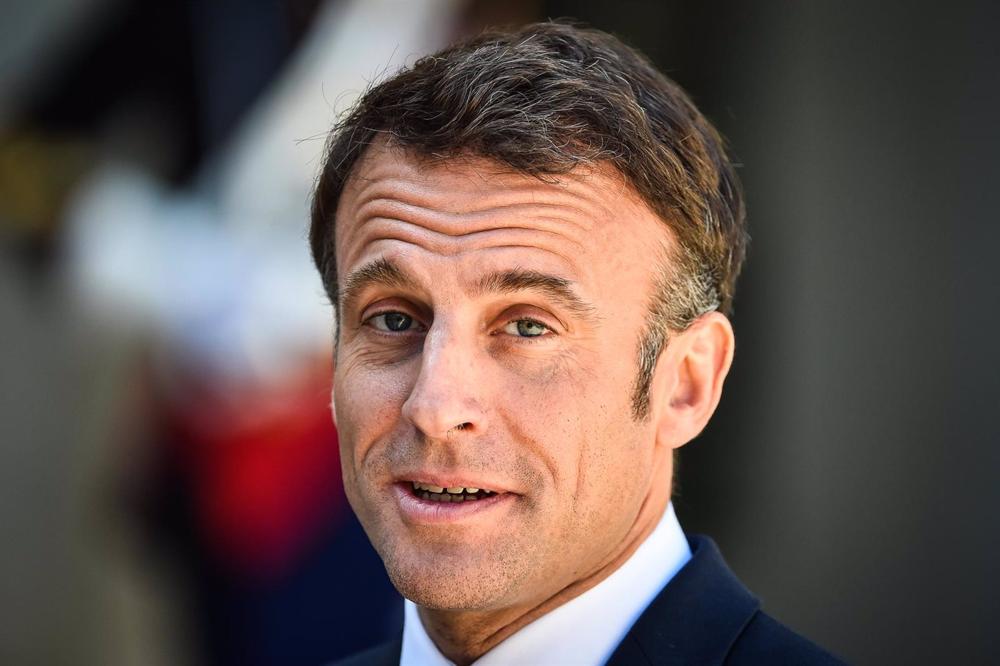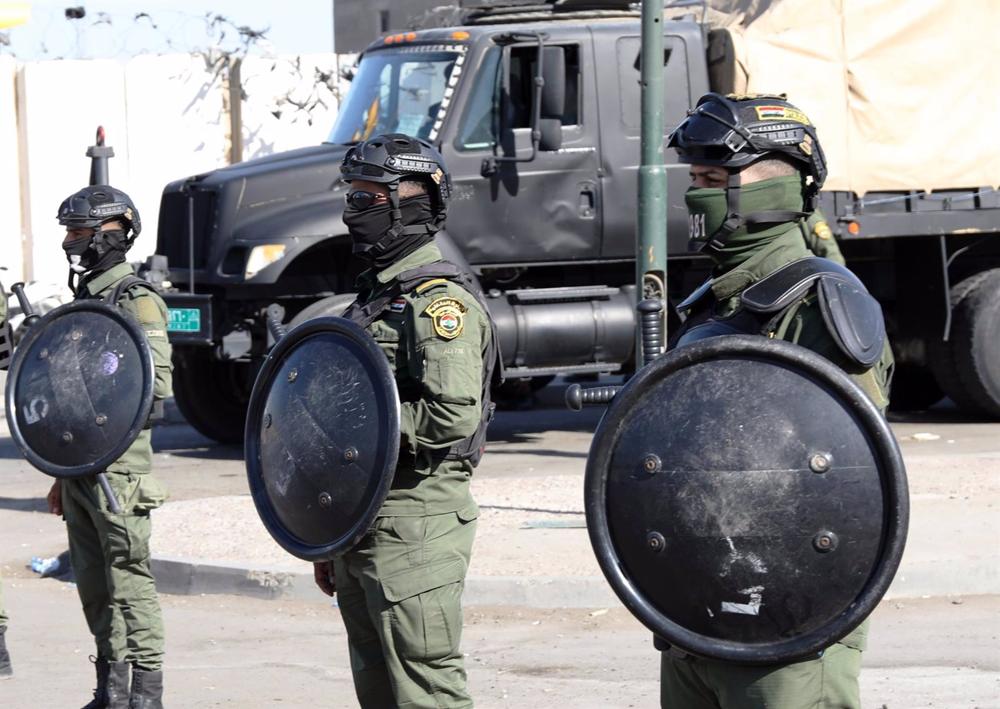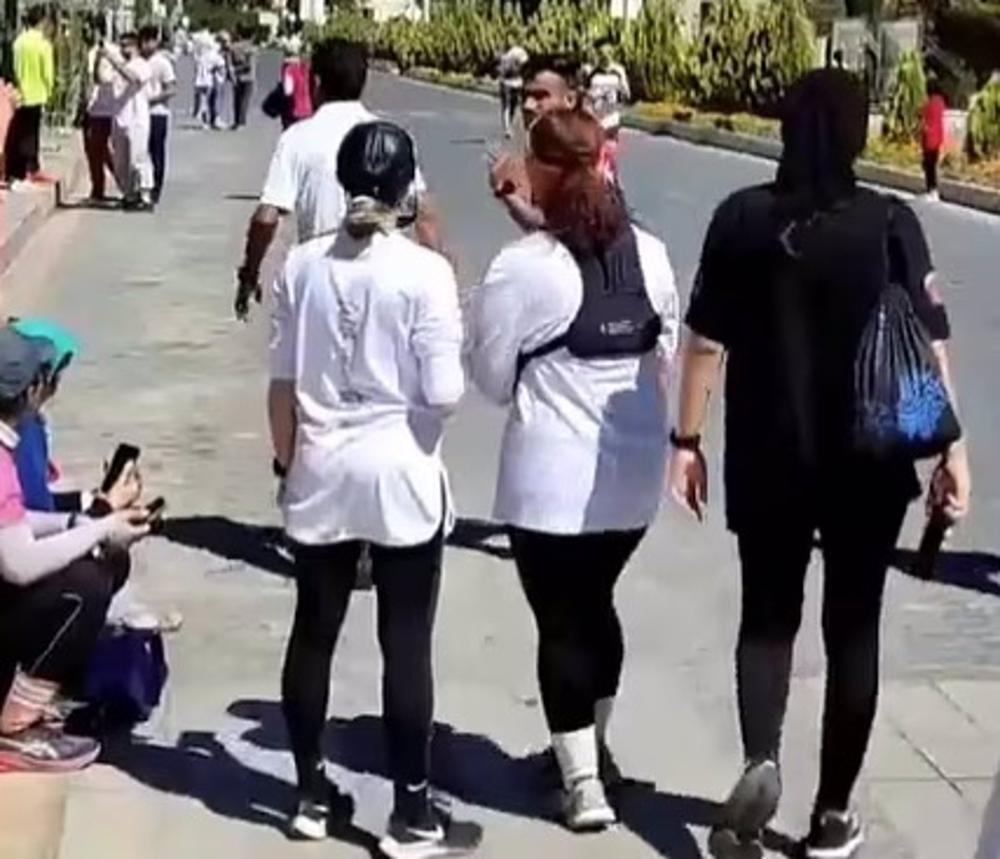
African Union mediator Olusegun Obasanjo announced Wednesday that the Government of Ethiopia and the Tigray People’s Liberation Front (TPLF) have signed an agreement for the cessation of hostilities in the framework of the conflict that has plagued the Tigray region (north) since November 2020.
Representatives of the Ethiopian government and the TPLF have held a «high-level» meeting, under the auspices of the African Union, and signed the ceasefire agreement, although further details of the official document are not known at the moment, as reported by the ‘Addis Standard’ newspaper.
The talks were attended by former Kenyan President Uhuru Kenyatta and former South African Deputy President Phumzile Mlambo-Ngcuka, as well as representatives of the Intergovernmental Authority on Development (IGAD), the United Nations and the United States.
The TPLF agreed to sit down for talks with the Ethiopian government in early October, an initiative put forward by the AU to reach a «peaceful resolution of the current conflict». One of the TPLF’s conditions was that during the negotiations there should be «additional actors» as observers or guarantors.
The war has seen an upsurge in recent weeks following the outbreak of renewed fighting in August after a five-month humanitarian truce agreed between the parties. The TPLF earlier denounced a large-scale offensive by the Eritrean Army in support of Ethiopian forces.
The conflict in Tigray erupted in November 2020 following a TPLF attack on the main army base in Mekelle, after which the government of Abiy Ahmed ordered an offensive against the group following months of political and administrative tensions. A «humanitarian truce» is currently in force, although both sides have accused each other of impeding the delivery of aid.
The TPLF accuses Abiy of whipping up tensions since coming to power in April 2018, when he became the first Oromo to take office. Until then, the TPLF had been the dominant force within Ethiopia’s ruling coalition since 1991, the ethnically-supported Ethiopian People’s Revolutionary Democratic Front (EPRDF). The group opposed Abiy’s reforms, which it saw as an attempt to undermine its influence.






